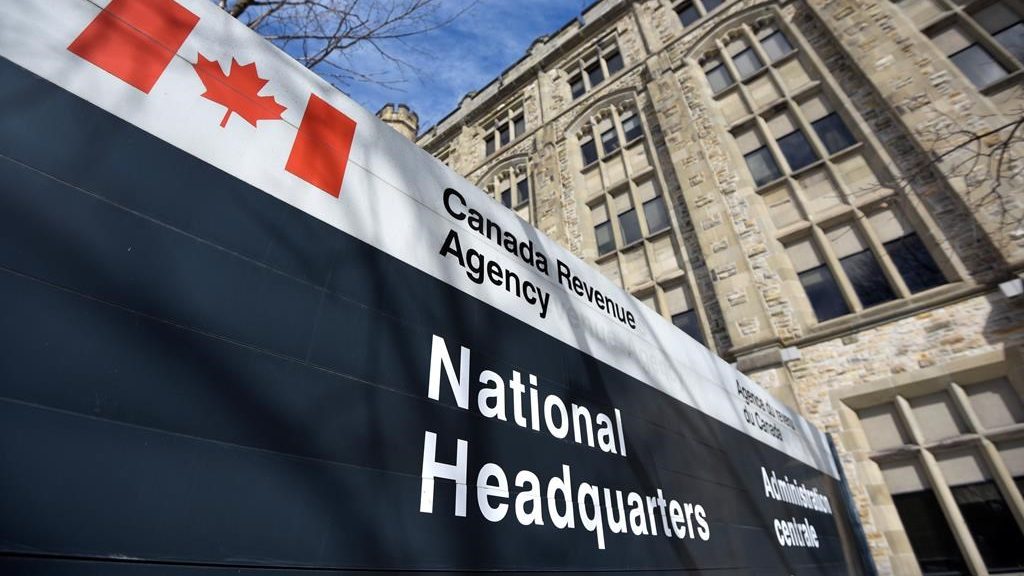CRA fires 120 employees for claiming CERB benefits while working

The Canada Revenue Agency (CRA) says dozens of its employees have been fired after they claimed COVID-19 pandemic benefits while still working.
In a statement put out Friday, the CRA reports that 120 people are no longer employed after an internal review found they inappropriately claimed the Canada Emergency Response Benefit (CERB).
The agency began a case-by-case investigation at the end of June after noting 20 employees had been let go at the time due to reviews.
Advertisement
“Out of the approximately 600 cases we can report that 120 individuals are no longer with the (CRA) as a result of this internal review,” reads a statement providing an update on the investigation. “The investigations and disciplinary processes continue.”
The statement says police could be notified for certain cases if further investigation reveals an element of criminality.
The CRA notes the 120 employees will all need to repay the amounts claimed if they haven’t already.
RELATED: More than 1,000 Canadians take CRA to court over pandemic payments
“The CRA takes any form of wrongdoing very seriously and is strongly committed to protecting the integrity of Canada’s tax and benefit systems,” reads the statement. “When misconduct is identified, we ensure that the appropriate actions are taken to address it.”
Some workers may have been eligible for the benefit payment such as temporary or part-time workers. The CRA says the investigation has reviewed 30 employees who were found to be eligible for the payments.
Advertisement
During the pandemic, applicants who lost their primary job or source of income could qualify for CERB, a $ 2,000-a-month payment. Even if applicants were still employed, their monthly income would have to be below $1,000 at the time of application to be eligible.
The CERB program ended in September 2020, and as of January 2023, the agency had warned nearly one million Canadians that they needed to repay back some or all of their COVID-19 benefits, for a total of $4.2 billion as of that date.
